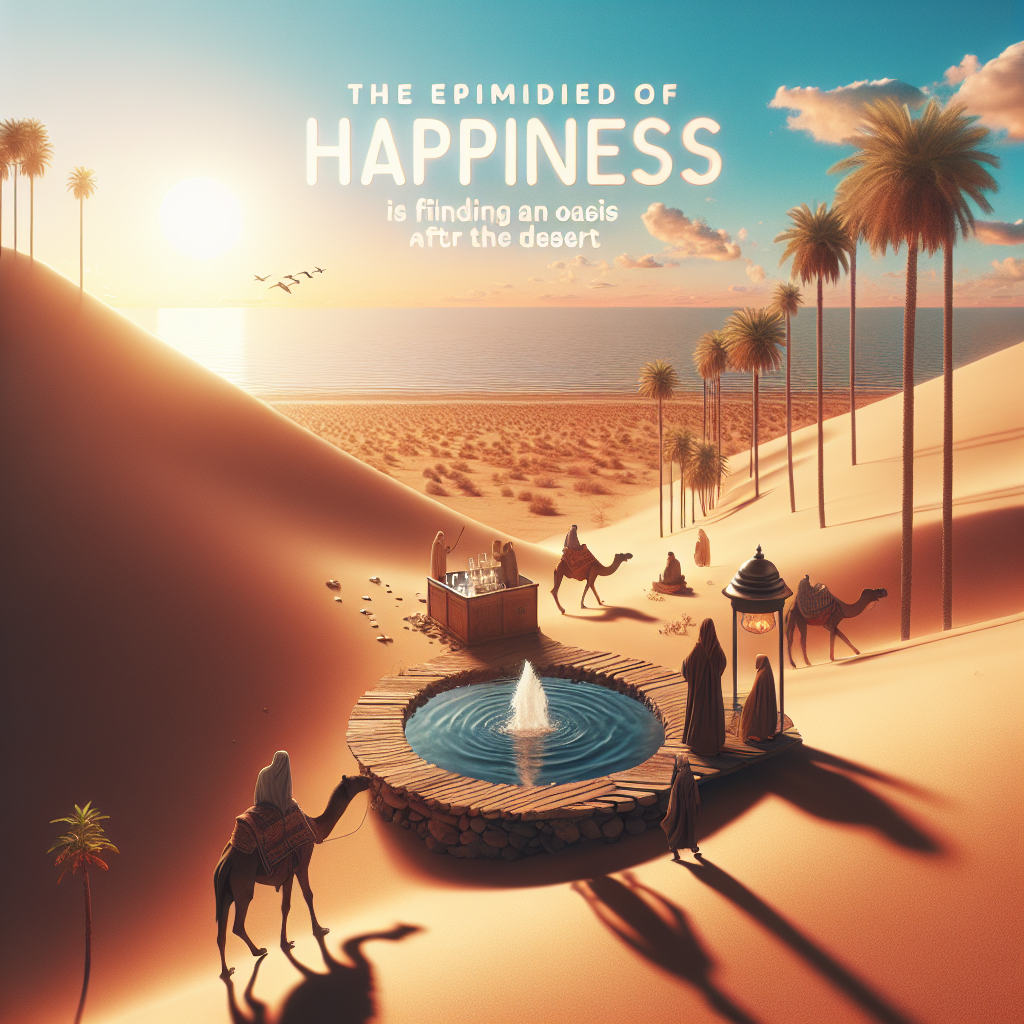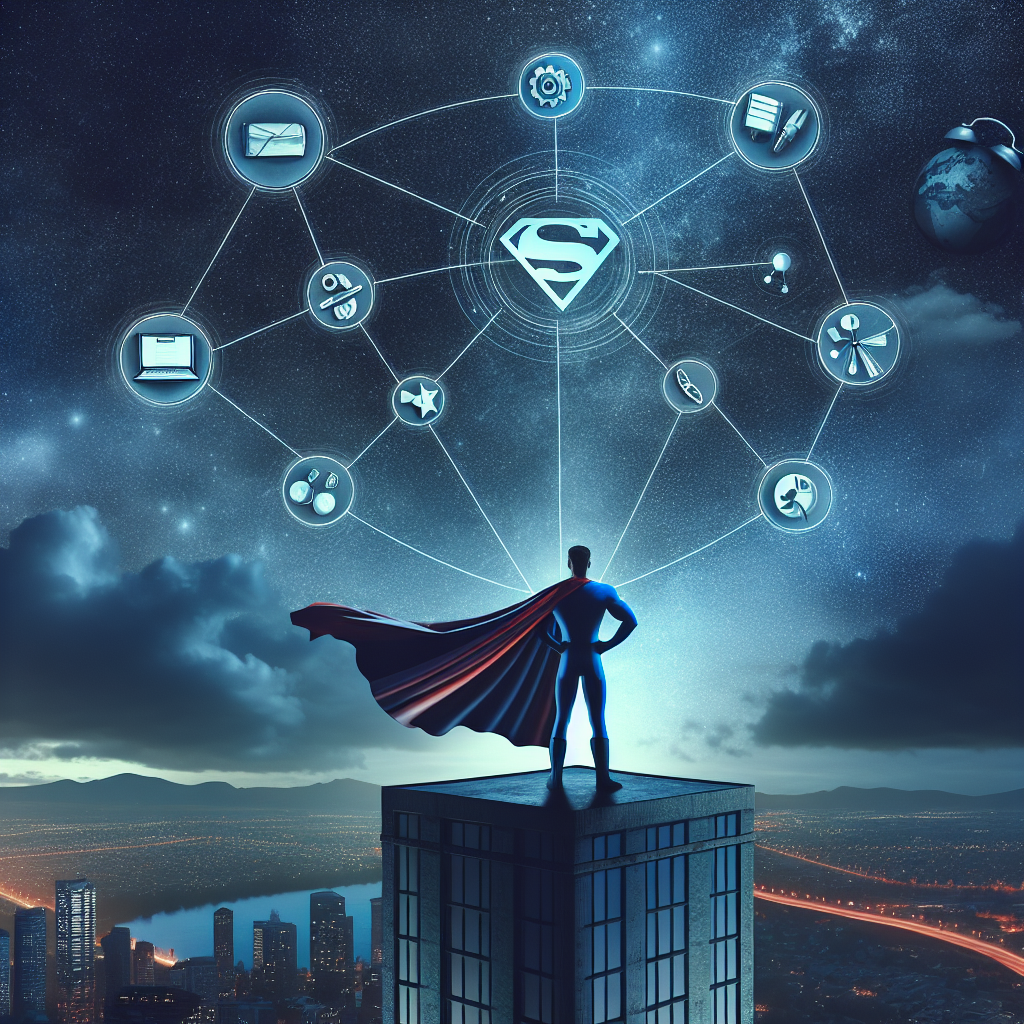
Yes, I was extremely nervous. My heart raced, my stomach churned with anxiety, and the emergency exit door beside me seemed like a beacon of escape. "It’s not too late to leave now," I thought. Although I had accumulated public speaking experiences over the years, standing before two hundred people who had been drinking and expected to be entertained with stories was different. My mind raced with thoughts of failure—blank stares, silent rejection, boos, and even the possibility of having drinks thrown at me. The pressure was immense.
It was my mentor who first inspired me to sign up for a storytelling course. He took the plunge in his seventies and found it exhilarating, claiming it could also benefit my career. At the time, I was working in sales, and he wisely said, "Everyone likes a good storyteller. The more people connect with your stories, the more you can sell!" I didn’t plan on switching careers to storytelling, but I felt stuck in the comfort zone of my life and wanted to challenge myself. I believed that pushing these boundaries would improve my emotional resilience. So, I debated between taking a storytelling course and skydiving. Now, I wished I had chosen skydiving.
The moment arrived. The host's voice boomed through the room: "Please welcome our next storyteller, Victor Leung!" I stepped out, grabbed the microphone, and launched into my six-minute story. Most of my material was about my family. I opened with, "My cooking skills are so bad that last week I made egg fried rice, and even the eggs complained about their fate. They said, 'We thought we were going to be omelets, not hostages in this disaster.'" It was a silly, light-hearted joke, but some people chuckled. Those few chuckles gave me enough confidence to keep going, delivering more engaging stories and eliciting more reactions. In the end, the performance was a success. None of the nightmarish scenarios I imagined came true. It was actually fun and thrilling, an experience that left me brimming with adrenaline and newfound confidence.
From that night on, I continued storytelling, gradually gaining confidence, even though not every performance was a hit. There were moments when I bombed, telling the same story in the same way to different audiences with mixed reactions. Sometimes, I encountered hecklers. Once, I was even yanked off stage during an open mic for running over my time. But these worst-case scenarios weren’t as catastrophic as I’d feared. Over time, I learned to observe audience reactions, improve my timing, and interact more naturally. I even discovered how to measure success with "LPM" (laughs per minute), a metric I'd never known existed. I found that tougher crowds honed my skills more than easy audiences, and those so-called "bad" nights paved the way for the "good" ones. All of this expanded my comfort zone, and the confidence I built carried over into all areas of my life.
To take control of our lives, we first need to take control of ourselves, and confidence is key to achieving this. True, sincere confidence—not arrogance—is the fuel that propels us through challenges. It empowers us to interact healthily with others, take risks, and seize opportunities. Confidence is one of the most important pillars for a fulfilling life, whereas the opposite—living in fear, doubt, insecurity, and worry—can be destructive.
How do we build confidence and bridge the gap between who we are and who we want to be? Two factors play crucial roles: self-efficacy and self-worth.
Self-efficacy is the belief that we can accomplish a task, directly influencing our ability to meet our goals. People with high self-efficacy view challenges as opportunities rather than threats because they trust in their abilities and resilience. Even if they fall short, they know the journey will help them grow and improve.
For me, stepping on that stage for the first time was about building self-efficacy. It was a testament to embracing discomfort, facing fears head-on, and learning from both victories and failures. The journey to confidence isn't linear or easy, but it's one worth taking—for your career, your relationships, and your overall well-being.
If you’re interested in hearing my storytelling and public speaking, check out this YouTube video:
Trial and Error | Love and Loss








